Tests
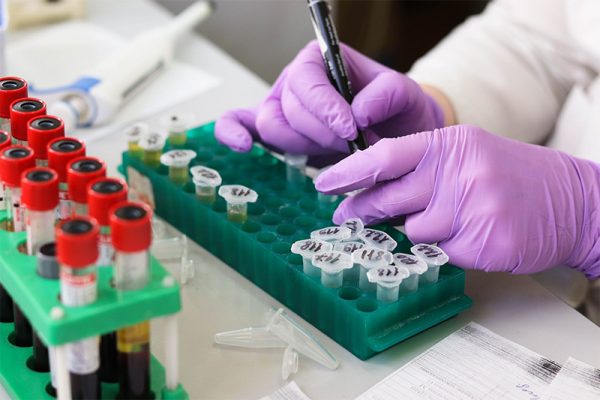
Also known as the Insulin and glucose stimulation test When given sugar, the body produces insulin so that the sugar level can come down again. The sugar is converted in the liver and other parts and stored as fat. In this way, the sugar level in the blood stream comes down. It is important to know how much insulin it takes to bring the sugar level down to normal.

Lipoprotein (a), also called Lp (a), is a modified form of LDL cholesterol bound to the protein apolipoprotein. Elevated levels of lipoprotein (a) may promote atherosclerosis which is a risk factor for coronary artery disease. There is a fundamental relationship of lipoprotein (a) excess with the risk of heart attack.
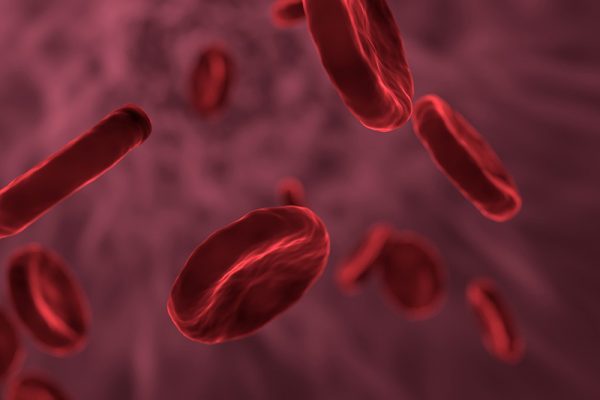
A MUGA Nuclear Scan is used to assess the heart muscle’s strength of contraction MUGA stands for multiple gated acquisition scan. Nuclear refers to the radioactive tracer that is injected into the bloodstream to allow a specialized camera to take images of the tracer in the red blood cells of the heart which will show the heart wall motion
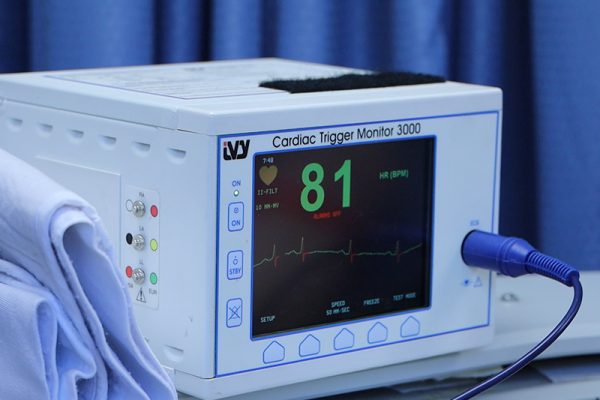
NIPS, a non-invasive programmed stimulation, is a procedure during which your implanted cardiac defibrillator is tested and programmed to ensure that it functions optimally for you. This procedure may be done periodically throughout the life of your device and in response to changes in your overall health or in the medications you are taking.
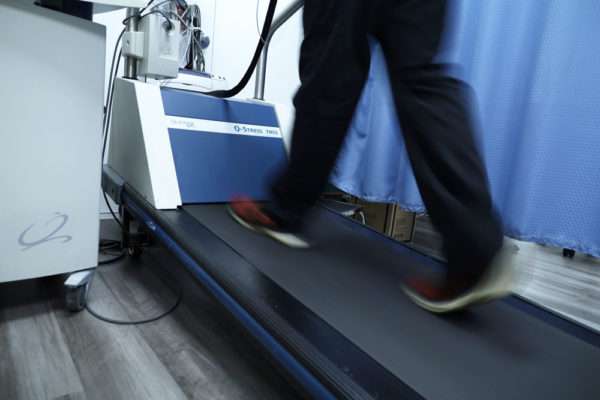
A nuclear stress test is used by cardiologists to diagnose and monitor many heart conditions including coronary artery disease. It measures the blood flow to your heart both at rest and during stress on the heart during exercise. Resulting images illustrate the amount of blood flow in all sections of the heart, which can show areas of low blood flow and damaged tissue.
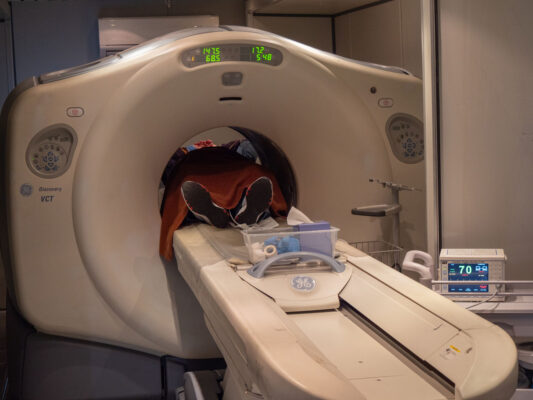
A nuclear rubidium PET scan is a non-invasive nuclear imaging test used to diagnose coronary artery disease. It uses a radioactive tracer, specifically Rubidium, to produce high-resolution heart images. The tracer is injected into the bloodstream and taken up by the heart, and a PET camera detects the radiation to produce images of the heart.

RESPeRATE is a portable FDA approved drug free device used to lower blood pressure by altering breathing patterns. RESPeRATE uses chest sensors to measure breathing to help synchronize you to a breathing pattern with longer expirations. RESPeRATE has been shown to reduce blood pressure, stress, and depression.

The SpectraCell Analysis Test assesses the function of a range of vitamins, minerals, antioxidants, and other micronutrients in your blood cells. The SpectraCell test is currently the gold standard in evaluating nutritional status, and this technology is known as Functional Intracellular Analysis, or FIA™.

A stress test records the electrical activity of the heart during the stress of exercise. This test may show areas of low blood flow and damaged tissue. If the doctor suspects you have coronary artery disease or if you are experiencing symptoms of chest pain or sudden shortness of breath. A stress test may be advised to you even if you have already been diagnosed with coronary artery disease to asses the effectiveness of the treatment you are on.
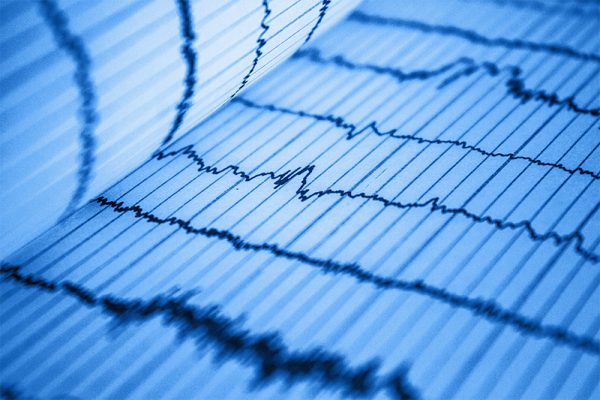
T wave alternans refers to a noninvasive diagnostic test to help identify patients who are at risk of life threatening heart rhythm disturbances that can lead to cardiac death. This test refers to a beat to beat variability in the timing or shape of T waves on the surface electrocardiogram (ECG) which is not visible to the human eye. Therefore high resolution sensors are used to detect subtle changes in the ECG.
